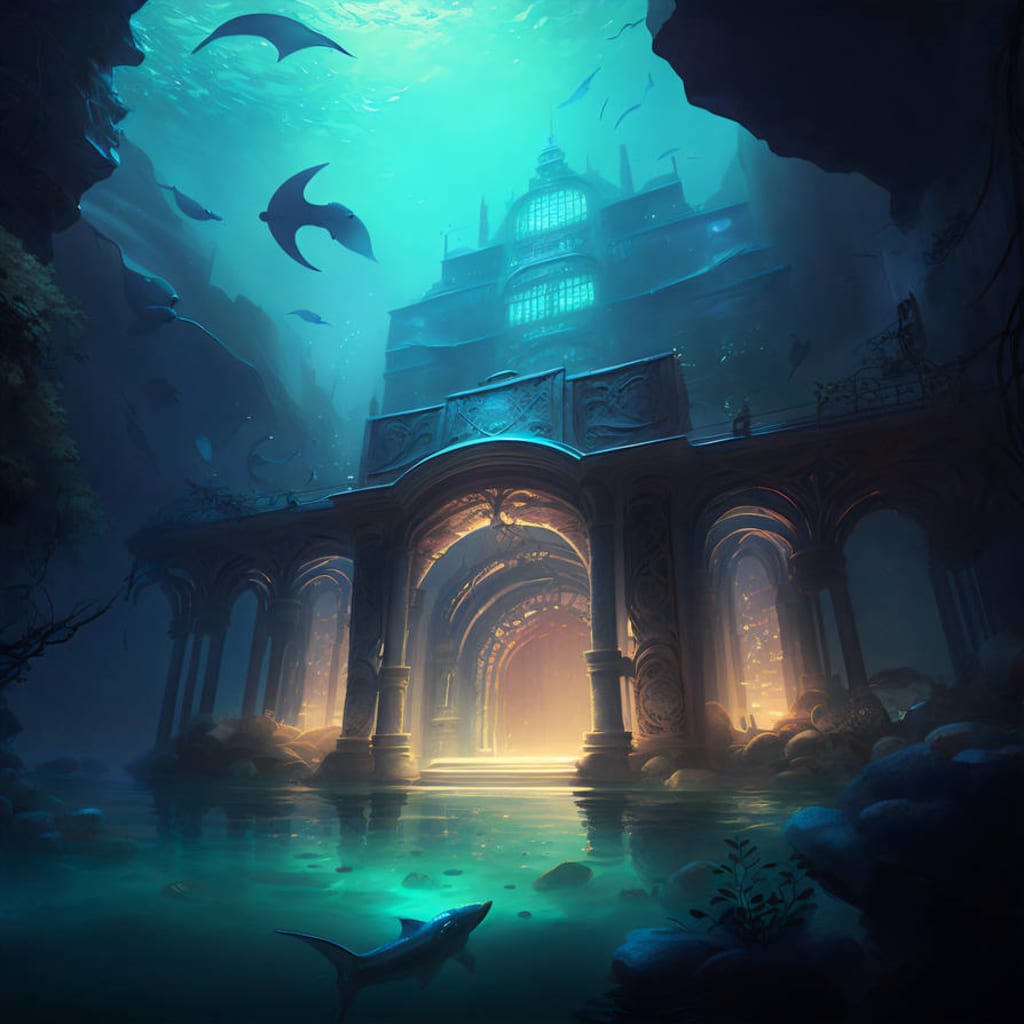
Exploring the mysteries of ancient civilizations, from the enigmatic knowledge of the Mayans to the impressive structures crafted by the Egyptians, there is still a vast realm of knowledge to uncover. Among the enduring enigmas is the legend of Atlantis.
For over 2000 years, tales have been told of this sunken city, posing the question: is Atlantis a holy grail of archaeology or merely a myth? Could there be truth to the notion of an advanced civilization succumbing to the depths? In this video, we delve into the Atlantis mystery to decipher the real story.
The earliest records mentioning Atlantis are found in two Socratic dialogues, Timaeus and Critias, scribed by the Greek philosopher Plato around 360 BC. Presented during festivities in honor of the goddess Athena, these dialogues recount stories heard by Socrates about how ancient Athens interacted with neighboring states. Critias, a storyteller in these dialogues, shares an account passed down by his grandfather, who, in turn, heard it from the Athenian poet Solon after his visit to Egypt.
According to this narrative, Egyptian priests relayed the existence of a powerful civilization based on an island in the Atlantic Ocean. This civilization ruled over several islands, Africa, and Europe. The city, constructed in concentric rings of land and water, boasted advanced infrastructure, including baths, a colossal harbor, and well-equipped barracks. With unparalleled engineering prowess, the Atlanteans created a canal network and irrigation system, cultivating lush, fertile lands. Their societal structure mirrored others of the time, featuring kings, civil administration, and a formidable military.
Driven by their power, the Atlanteans engaged in a conquest across Asia and Europe. Athens, the only state capable of resisting, successfully repelled their invasion. Subsequently, earthquakes and floods led to Atlantis's submersion, lost forever beneath the sea.
The question arises: is this narrative fact or fiction? Many historians lean toward the latter, considering Plato's use of the Atlantis story as a rhetorical device to illustrate a point. The tale of a powerful aggressor thwarted by a weaker force resonates as a classic tale of hope in adversity. Some argue that the Atlanteans' barbarian-like behavior parallels the actions of contemporary Persians or Carthaginians. The cataclysmic disappearance of Atlantis might draw inspiration from the eruption of Minoan Santorini around 1600 BC, which impacted settlements as far as Egypt.
Yet, there are proponents who view Plato's accounts as more historically accurate. Plato claimed it to be a true story, specifying a date for Atlantis's demise—9,000 years prior, aligning with the geological event known as "Meltwater Pulse 1b" around 9,600 BC.
The connection between Atlantis and Egypt is intriguing. The Egyptian Atlantis, known as "Aha-Men-Ptah," aligns with the west—where the dead were buried. Funerary texts frequently mention it. The idea persists that when traveling west, one encounters death. The possibility that Atlantis is linked to the Great Pyramid and Sphinx construction is suggested by early descriptions of Atlantis as the 'white island' with numerous pyramids.
Other cultures also refer to Atlantis. Berber tribes mention "Attala," Vikings speak of "Atli," and Babylonians reference "Arallu." In Sanskrit texts from India, Atlantis is lost during a war between Gods and Titans, with stages named "Saka-dvipa," "Sveta-dvipa," "Ruta," and "Daitya."
Regarding physical evidence, submerged structures off Africa's coast near the Canary Islands are considered potential remains of Atlantis. Discoveries of mysterious underwater structures worldwide, including off Japan's coast and in the Mediterranean, raise questions about lost civilizations.
Despite the Atlantis legend enduring for millennia, the mystery lingers. Was it a highly advanced civilization swallowed by natural forces, or is it a concept symbolizing the origins of civilization itself? The vast unexplored expanses of the ocean, up to 95%, leave room for discoveries, making the quest for Atlantis an ongoing fascination. The belief in the existence of an ancient advanced civilization remains steadfast.





Comments
khatita is not accepting comments at the moment
Want to show your support? Send them a one-off tip.